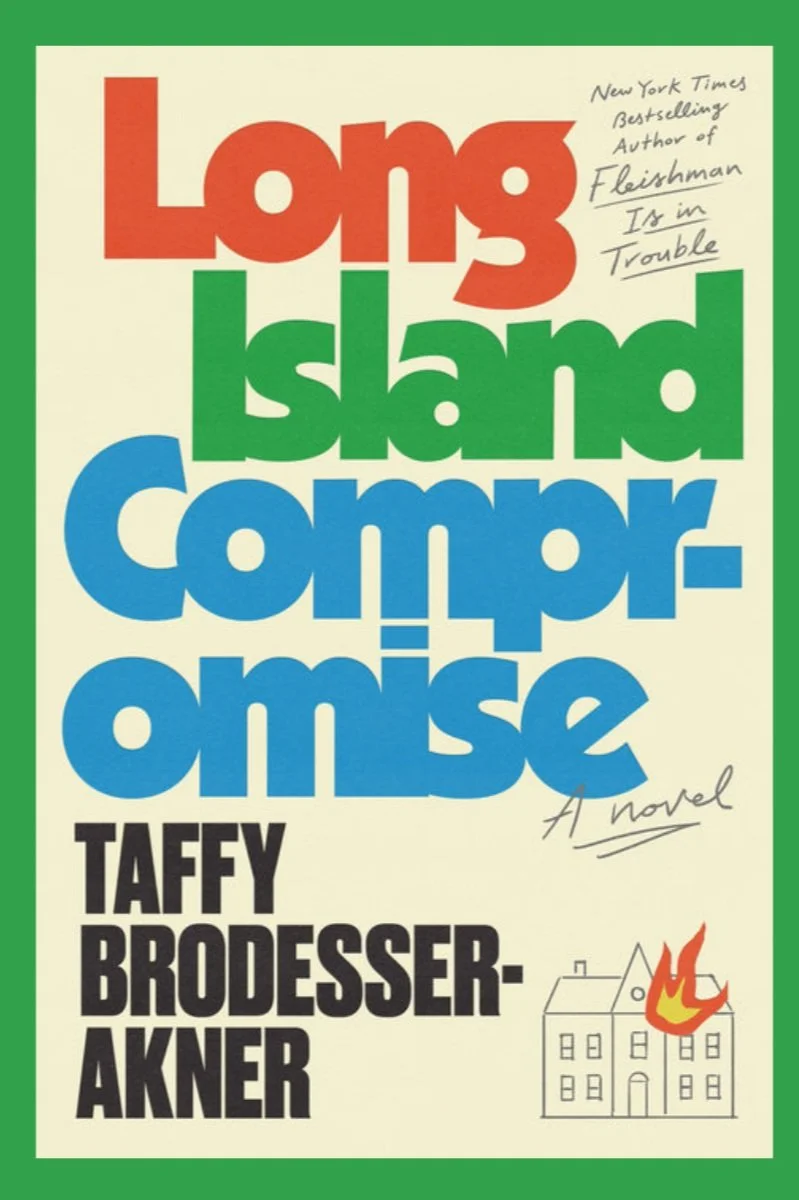Severance – Ling Ma
Ling Ma packs a lot of ideas into a relatively slim novel. One one hand, “Severance” is a straightforward critique of capitalism. On the other hand, it’s an exploration of immigration and identity politics in a multinational world.
The connective thread is Candace Chen, a disillusioned Millennial living in Manhattan on a meager publishing salary. We get a front row seat as her day-to-day life, once dominated by superficiality, shifts to survival when society collapses during a global pandemic.
The alternating timelines — one focused on a small group of Shen Fever refugees, and the other Candace’s experiences as the daughter of Chinese immigrants — allow Ma the runway to take her core themes in interesting directions, but it felt like the merging of two novels into one versus a cohesive narrative.
If the Shen Fever elements were stripped from “Severance” it is just another effort to capture the ennui of mid-2000s recent college graduates — with every plot point and stock character you’d expect from “The Devil Wears Prada.”
Thankfully, Ma had the preternatural ability to predict pandemic life, because those chapters are eerily relatable, and the only thing that kept me reading.
Even four years removed from the start of COVID-19, picking up a novel about a fictional pandemic throws me right back to early 2020, and the slowly growing dread that life was going to change.
Without this lived experience, I think a lot of “Severance” would’ve felt like a lesser “Station Eleven” (and it is), but the author infused a few ideas — specifically the pre-pandemic dread and safeguards to keep “business as usual” — with chilling accuracy. If I had read this book in 2018, I might have criticized its focus on consumerism, but hindsight offers a different perspective.
Still, I can’t say these reasons are enough to give “Severance” a recommendation.
Candace is an ambivalent character, neither wholly likable nor entirely reprehensible. Her interactions with other survivors and her colleague in China offer interesting glimpses into her psyche, but I don’t feel like Ma ever made her feel human.
As a debut novel it is marred by awkward phrasing (a character’s penis is referred to as a “Schwarzenegger'') and repetitive details that disrupt the narrative flow. The core idea of severance — from a homeland, marriage, job, etc. — was a bit heavy-handed. Criticisms aside, there were enough interesting ideas to show that Ma is an author to watch.
Nancy Wu narrated the audiobook, but honestly, I can’t really remember her performance — that’s neither a ringing endorsement nor an admonishment.
Rating (story): 3/5 stars
Rating (narration): 3/5 stars
Format: Audiobook (library loan)
Dates read: July 17 – July 20, 2024
Multi-tasking: Good to go. While the novel itself is uneven, it is not particularly difficult to follow the story once you get used to where different characters factor into the timeline.





